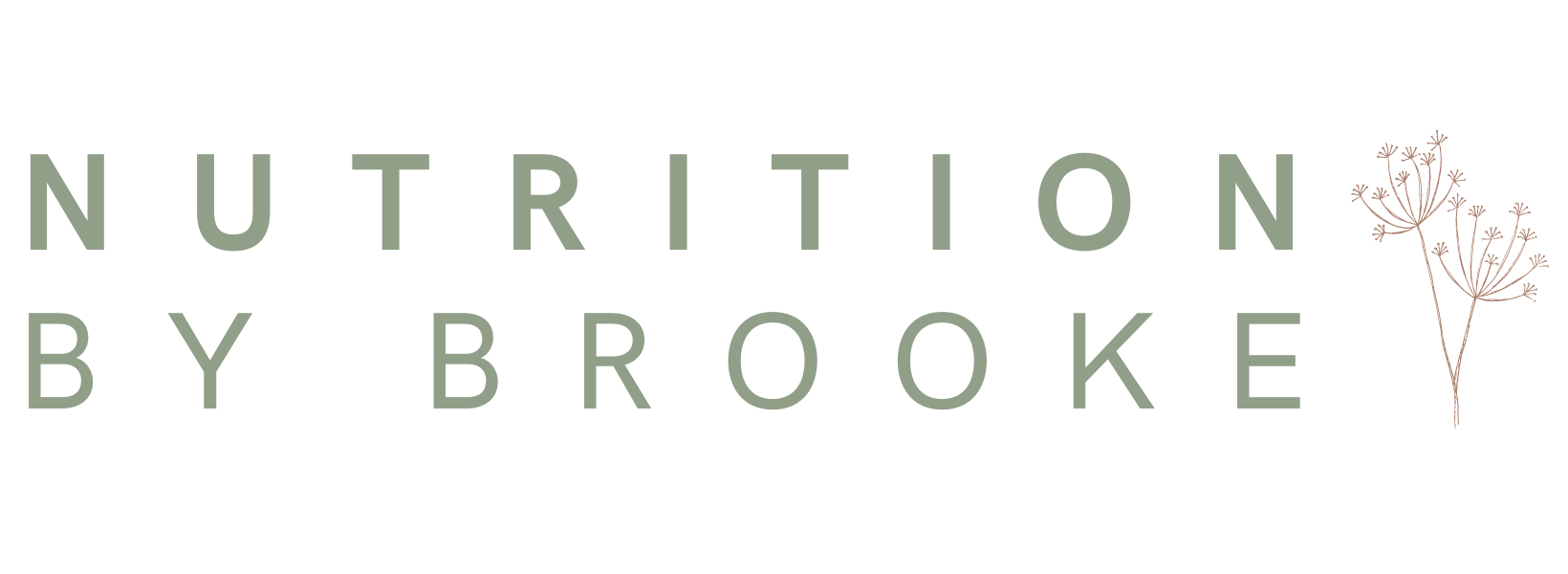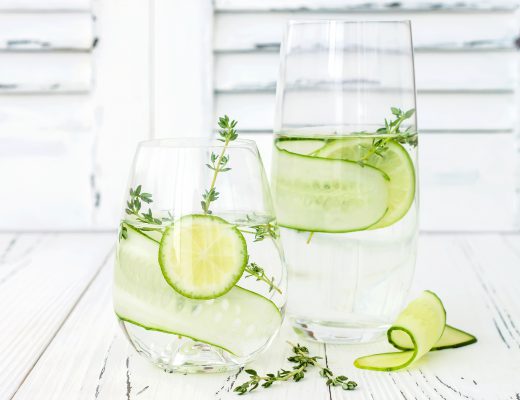Our immune system is the body’s defense against infections, viruses, harmful bacteria, and disease.
Viruses are top of mind these days and they are responsible for numerous health conditions.
Research has shown that some diseases such as diabetes, Crohn’s and Hashimoto’s can be caused by viral infections.
Viruses are much like hijackers, while they may cause initial symptoms such as the common cold or flu; they can then be dormant and hide within the body for a long time. While they do not adversely affect our health with obvious symptoms, they can often leave us feeling fatigued, run-down, depressed, and with low immunity.
Exposure to viruses and having them go from dormant to active can happen due to travel, poor diet, stress (who doesn’t have that right now?), or digestive issues and then emerging viruses pop up and our body is not prepared to fight them off.
Herbs have been used for centuries, as natural remedies for bacterial and viral infections.
My favorite immune boosters:
1: Monolaurin: It is derived from coconut oil and has strong antiviral and antimicrobial activity, as it can disrupt biofilms (protective cases of bacteria) as well as the outer membrane of viruses.
Biofilm bacteria can be hard to treat, even with antibiotics, so this is huge that Monolaurin can reach these biofilms and disrupt them. Monolaurin is unique as it has antiviral properties but unlike other antiviral/antimicrobials monolaurin will not disrupt or kill beneficial bacteria within the microbiome. This is the one natural antiviral that is safe to stay on long-term if necessary, which may be needed for treatment of Lyme disease or Epstein Barr virus.
2: MCT Oil (medium-chain triglyceride oil): is beneficial for digestion and especially good to use when looking to increase good fat in the diet. It is a good antiviral due to its higher amount of caprylic acid and the anti-parasitic, anti-yeast and antiviral properties that come from lauric acid.
Recommended dose: One teaspoon or up to 1 full tablespoon a day is a good dose to aim for and goes well in smoothies, salad dressings or on top of rice or vegetables.
3: Colloidal Silver: It consists of tiny particles of silver suspended in a liquid. It’s a traditional and ancient remedy that has been used for centuries to treat the flu, sinus infections and skin rashes due to its antimicrobial, antiviral, and antifungal benefits. Colloidal silver is commonly used in hospitals to treat wounds and kill germs and bacteria on the spot.
Colloidal silver has also been clinically shown to kill germs and bacterial overgrowth, much like monolaurin. However, colloidal silver should not be taken at high doses for long periods of time. It’s meant to be used in small amounts for a short period.
Please note, silver can interfere with the effectiveness of medications, so it is important to take it away from other medications you may be on and talk with your practitioner before starting.
4: Oregano Oil: There have been over two hundred studies completed on oregano, evaluating how oregano interacts with pathogenic bacteria and the nutrient profile of the herb.
Oregano has more magnesium than cashews and spinach and is one of the top sources of iron.
You can also use it topically! When used topically, oregano oil can be great for psoriasis, acne, and fungal infections. When using it for this purpose, it must be diluted with a carrier oil such as coconut or olive oil. The usual dose is 5-6 drops of oregano oil for every ounce of carrier oil.
5: Vitamin C: It is essential for boosting immune health and is a powerful yet gentle anti-viral, helping to boost the immune system enough so that it can force the virus into dormancy.
Over 140 studies are showing the benefits of vitamin C in alleviating and preventing infections. Vitamin C can become depleted if there is a dormant virus or bacteria within the body and leads to a greater risk of a weakened immune system.
Recommended Dose: Because Vitamin C is a water-soluble vitamin, you can dose this as high as a few grams within a day, taken with food. If you find this causes loose stools, reduce the dosage.
6: Vitamin D: is a fat-soluble vitamin that is essential for healthy cholesterol production, hormones and immune system health. In clinical research, Vitamin D3 has been shown to be a potent antiviral, reducing colds and flu by 42 percent. It is very hard to get proper vitamin D in the winter months, so supplementation of vitamin D is important. The RDA for vitamin D is very low, so be sure to get your levels checked often and supplement appropriately.
7: Food: Using food as medicine is always my recommendation. This includes high-quality bone broth, hot ginger tea with honey or lemon, and warm soup. Adding foods that are naturally high in antiviral components is a great idea, these can include: ginger, onions, garlic, and turmeric.
I like to make a batch of fire cider and elderberry syrup every year for the winter months.
Reducing sugar and processed foods are essential for a thriving immune system and what I recommend you do as a regular practice because refined sugar adversely impacts your digestion and your immune system.
8: Sleep: This one is the most overrated! Studies show that people who don’t get quality sleep or enough sleep are more likely to get sick after being exposed to a virus.
Lack of sleep can also affect how fast you recover, if you do get sick. Conversely, we know that sleep increases immune function and supports healthy detoxification. We cannot heal, if we are not getting adequate sleep.





No Comments